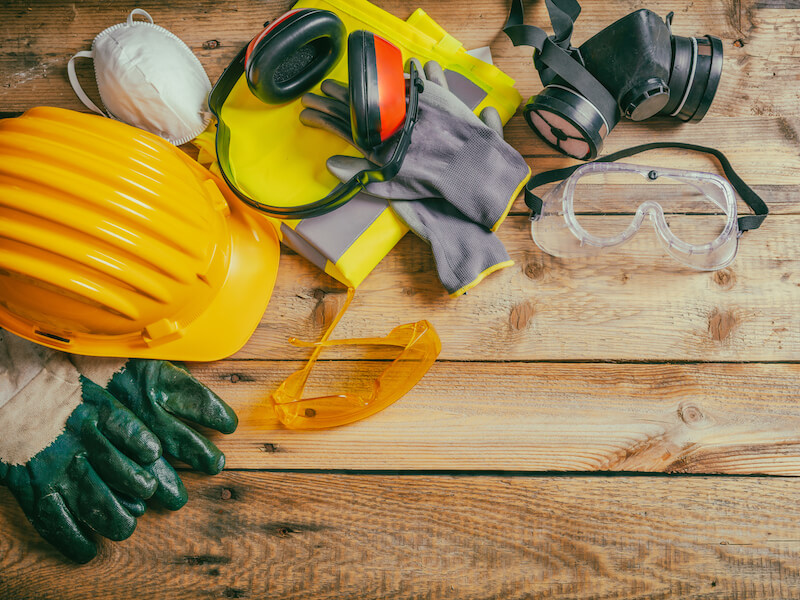
Roughly two million workplace injuries are reported every year. Usually, we think of a hand caught in a piece of machinery or a flying projectile when we consider work-related injuries.
But there is a far more pernicious on-the-job injury that is even more prevalent and frequently undetected. It sneaks up on people really slowly over the course of several years. Most people don’t even recognize it’s happening until it becomes severe. Excuses are a normal reaction. “It will go away” or “I’m just getting older. This isn’t unusual.
And it’s unusual for people to even acknowledge that their workplace is responsible for this injury.
The insidious injury is hearing damage. There are a number of warning signs you should recognize, and there are significant steps you need to take if you suspect the damage is already done.
Exactly When Does The Volume Become “Too Loud”?
Sustained exposure to sounds louder than 85 decibels (dB) can result in long-term damage to your hearing. Seventy-five dB, for example, is the average volume of a vacuum. A lawnmower generates 85 dB. If you’re exposed to a chainsaw or leaf blower you’re experiencing 100 dB. A gunshot is about 140 dB.
Are you at risk when you’re at work? Is the most common workplace injury a problem for you? If you’re regularly exposed to noise as loud as a lawnmower, even if it’s not continuous, your hearing can become damaged over time.
Signs of Hearing Injury
If you work in a loud environment, there’s no question you’re harming your hearing.
The following is are early warning signs that you’re dealing with hearing loss:
- You often ask people to repeat themselves.
- Conversations sound muffled.
- You hear ringing, hissing, or whistling when it should be quiet.
- You think people speaking to you are constantly mumbling.
- People are always complaining about the high volume of your media devices.
- Loud noises cause pain in your ears.
- When people speak, you tend disengage.
- You can’t understand the person speaking if there’s background noise.
- consonants get confused – “Todd” sounds like “Dodd,” for example.
What Are Employers Doing to Lessen Hearing Damage?
In settings that are really loud, technology is being used by businesses or organizations to reduce workplace noise. Government agencies are endeavoring to update guidelines that will reduce workplace noise and protect employees.
Employees are speaking out as they become aware of the chronic damage that workplace noise is causing. Over time, their voices will result in further change.
Preventing Additional Damage
If you work in a noisy environment, the best thing you can do is protect your ears before any damage is done. Using protective headphones or earplugs on the job will help minimize potential damage.
If you believe your hearing has been injured by a noisy workplace, schedule a hearing test as soon as possible. When you ascertain the degree of your hearing loss, you will find out how to counter further damage going forward. We can help you develop strategies to prevent additional hearing loss and address the damage you’ve already experienced.
